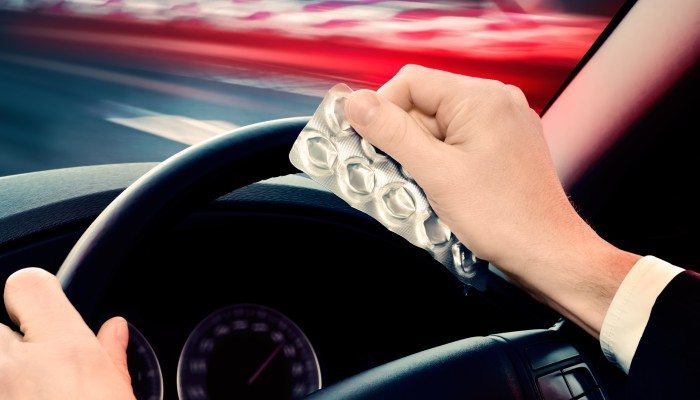A raft of new laws aimed at improving road safety by increasing punishments for those caught driving under the influence of drugs (legal or prescription) have being rolled out across the UK.
While the new legislation technically took effect at the beginning of the month, some police forces are yet to implement them fully. Perhaps most prominently, Greater Manchester Police will not be enforcing the new laws immediately.
The GMP's Ch Insp Mark Dexley was reported in the Guardian as saying: “We have taken the decision, in GMP, not to make use of the legislation while we satisfy ourselves that the legal and procedural issues involved in prosecuting these cases can properly withstand legal scrutiny.
“This will be a temporary delay whilst we ensure our equipment has the right certification and our officers have the right training and understand the required procedures. We are mindful that if we get this wrong then a significant amount of court time and public money could be wasted.”
It has been illegal to drive under the influence of drugs for a long time, but the new laws specify precise limits for a range of illegal and prescription drugs – 16 in total.
Portable "drugalysers" will be able to test saliva for the presence of cannabis and cocaine, while blood tests will be taken to determine the presence of ecstasy or heroin, along with a number of prescription drugs.
Those caught over any of the limits could face a criminal record, as well as a £5,000 fine or up to 12 months in jail.
Road safety campaigners have welcomed the moves, but the new laws have also faced criticism.
Some suggest that the limits for substances like THC and cocaine are so low that tests are likely to prove positive a long time after the drug has been taken. With that in mind, it has been argued that the new laws are not about improving road safety, but more about dissuading people from using illegal drugs at all.
However, limits for prescription drugs are much higher, say critics, meaning drivers who have taken levels of prescription drugs that could impair their driving ability may not be penalised.





